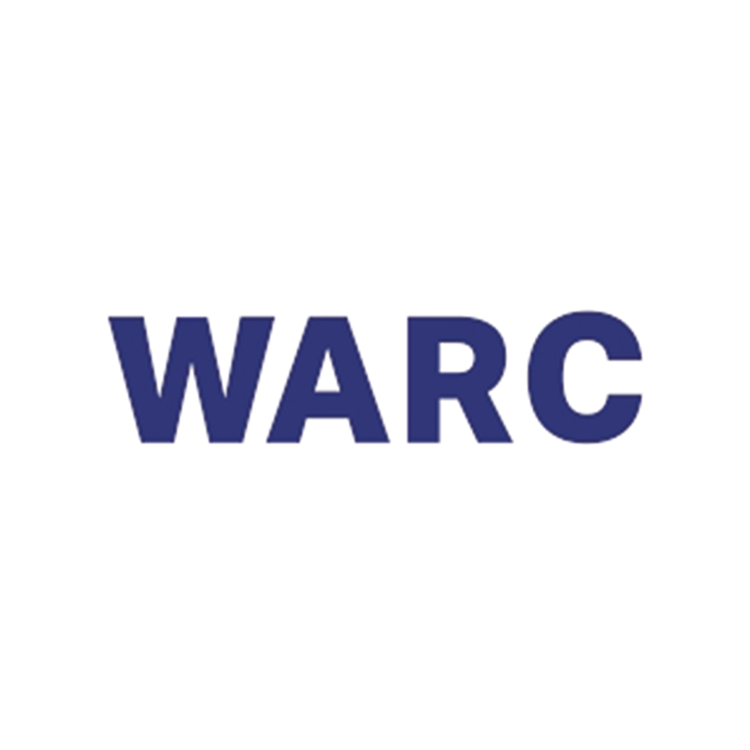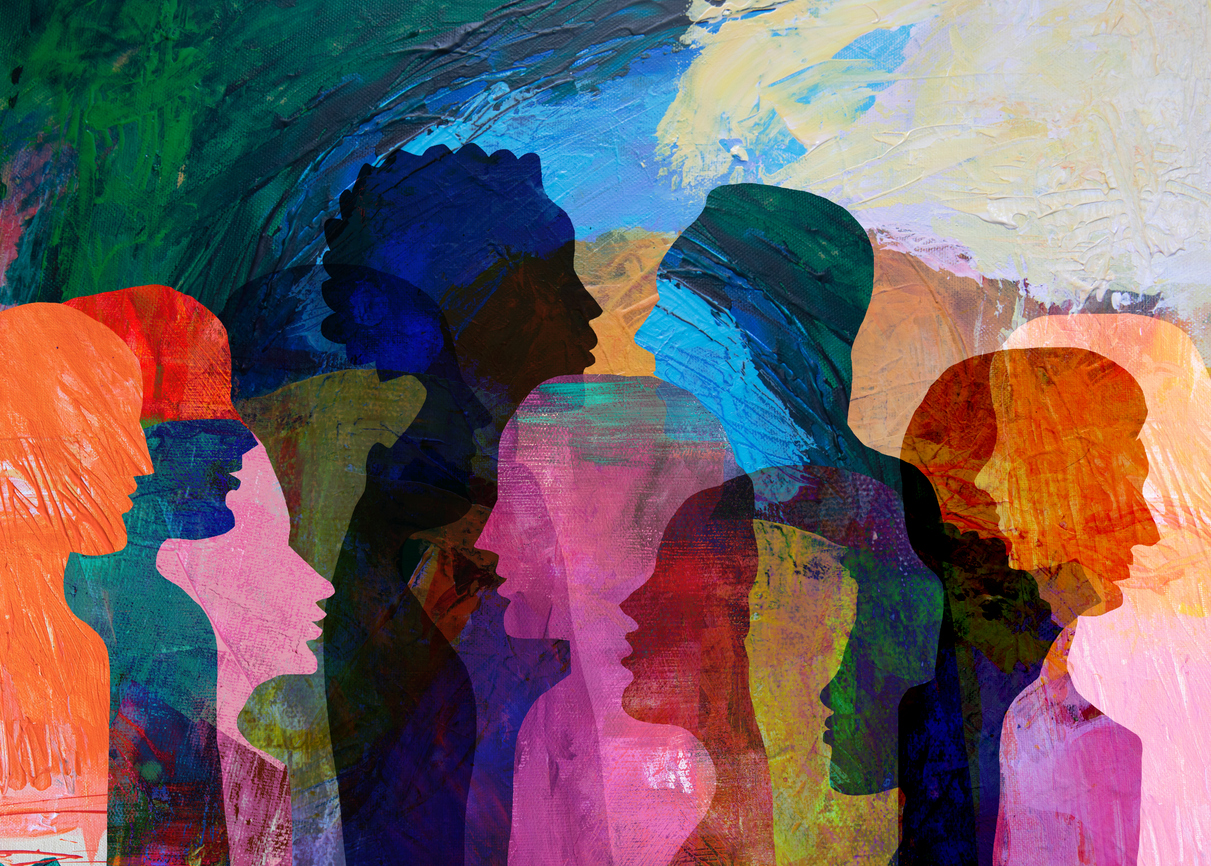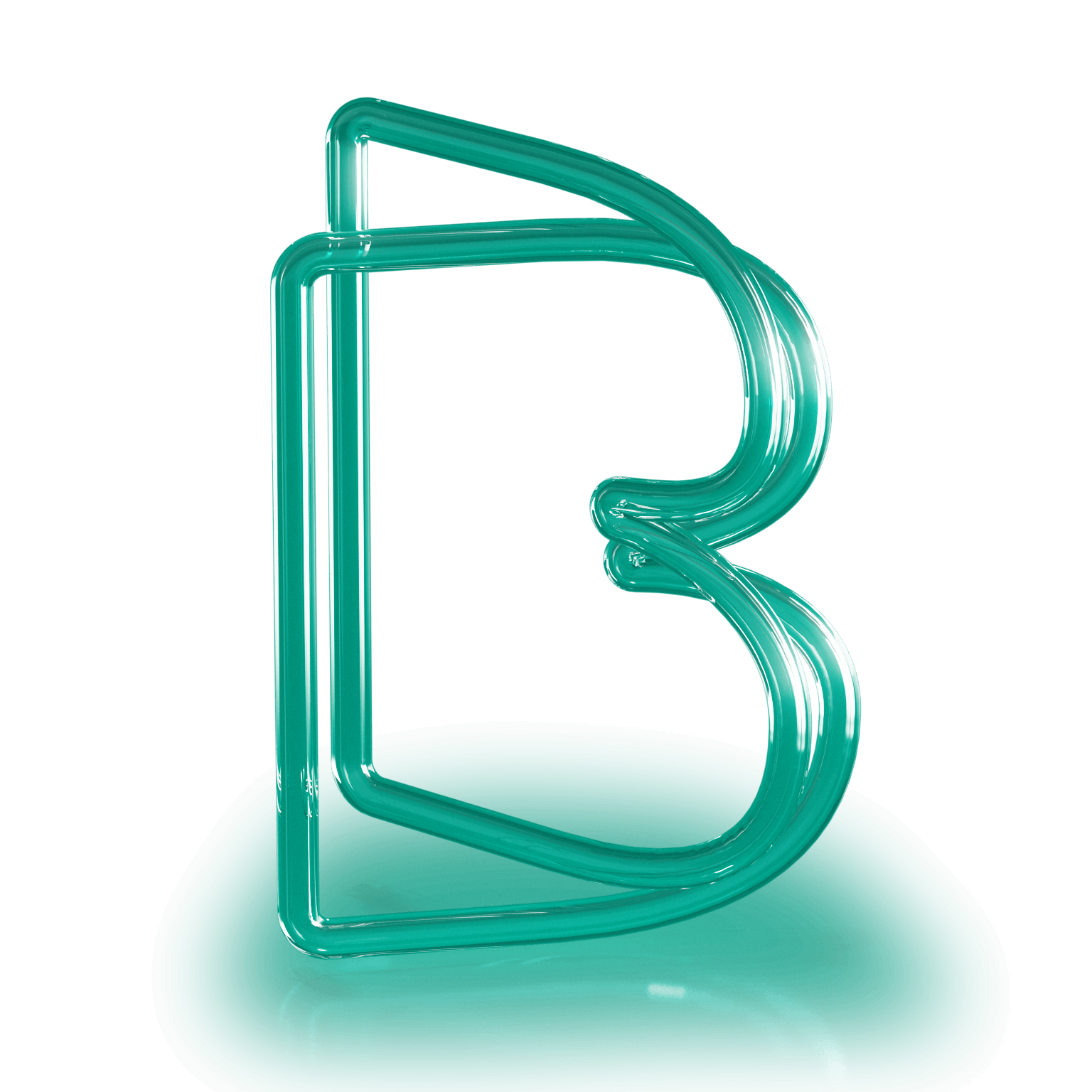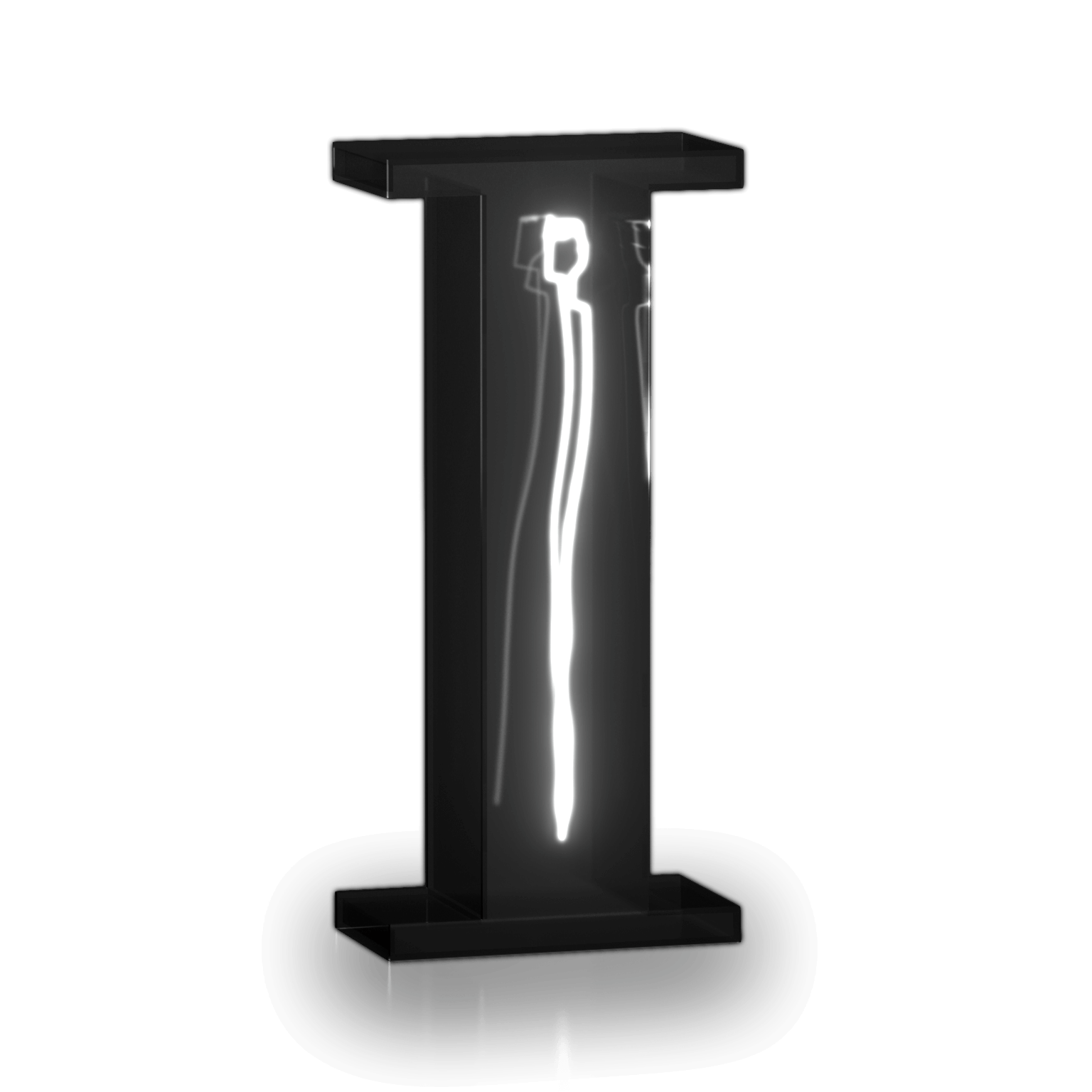Basis' Research Director, Hereward Feldwick, featured in WARC

How to prepare for people’s response to a second wave
As the UK stares down the barrel of new national lockdown measures, it is likely that the emotions that surround it will become more complex over the next six months – here’s what brands need to know.
This is according to an exclusive new article on WARC, written by Hereward Feldwick, research director at Basis Research London, and the lead researcher on its Isolation Nation programme.
This longitudinal study of over 2,000 consumer reactions to the pandemic identified a four-phase model of crisis processing as Basis followed cohorts in the UK and USA from April to June 2020. These were:
-
Alarm – pre-early lockdown, when nobody really knew what was happening and overreactions were rife. People sought clarity.
-
Adaptation – life under lockdown as defined by early short-term challenges: work and childcare now taking place at home. Steps into online shopping for many.
-
Acclimation – After the initial anxiety, a new pace of life emerged with some people even beginning to enjoy aspects of lockdown.
-
Acceptance – the growing realisation that this is a long-term change we’re all facing.
Not dissimilar from the five stages of grief model, which also ends in acceptance, Feldwick notes the importance of a further stage: meaning making.
“That the trauma of grief can leave us feeling lost, hollow, cheated, but with time and distance we can find lessons and growth from it,” he writes.
“But this process of making meaning is fragile – and even as we begin to return to normality and try to take positive learnings from the experience, there is a widespread and growing sense that a second wave lurks on the horizon.”
Look to Leicester, the Midlands city that was first to enter a second, albeit local, lockdown. “There’s a sense that people have not only been let down, but betrayed – they held up their end of the deal, locking down for an unprecedented period of time, and then they were told – suddenly, and without warning – that this wasn’t enough.”
“There’s real anger. Frustration.” As new restrictions come into force nationally and loose guidance becomes law, this interrupted making of meaning will be important for brands to understand.
Crucially, people have been here before. But it’s worse. “The novelty has worn off and resources – both fiscal and emotional – have been exhausted. Having their process of making meaning interrupted by a second wave may be more than many can bear,” says Feldwick.
Brands will need to get serious about their roles, learn from the last lockdown’s mistakes, and put people before profit.
– Originally featured on WARC, written by Basis Research Director Hereward Feldwick
WARC subscribers can read the full article and next steps here: Making meaning of lockdown: How brands can learn from the first wave of Covid-19 to predict and prepare for consumer response to a second wave.








